 Make a wish... Fable 2 sets the player as the young, strong-willed hero of Albion, a hero that can choose his or her own destiny. Will the hero be benevolent and rule his subjects peacefully or will the hero be a tyrant and rule with an iron fist?
1. Gameplay
That’s what I would have liked to have written in this review. Unfortunately, Fable 2 is the kind of game that disguises very mature elements behind a veil of childishness. In my opinion, this game is worse than Duke Nukem Forever. With Duke, you know exactly what you’re buying into. There’s no mistaking that Duke Nukem Forever is intended for a mature audience. Fable 2, on the other hand, is a very storybook game. The player starts out as an orphaned child whose sister is killed by the antagonist. The player goes out on a revenge/justice quest to prevent the antagonist from taking over the entirety of Albion. It’s a decent storyline that keeps the player engaged enough to see the game to the end. The sandbox features of the game allow the player to choose to be good or evil. Evil players will commit acts of murder, kidnapping and theft, all of which negatively impact the area of the game. The game punishes the player for evil acts but on a superficial level. If the player is good, evil acts are very costly. If the player is evil, evil acts are very rewarding. But that’s not the real problem. The real problem is the absurd freedom with and amount of sexuality within the game. Yes, I’m serious, Fable 2 goes over the top with sexuality. I’m going to save the details for the “Sexuality” section of this review, but I can simply say that the type of and amount of sexuality in this game was extremely inappropriate compared to the rest of the content. Overall this game was a lot of fun and I’m seriously considering purchasing the sequel, but it’s overall marred by the sexuality included in the game.
If the player is given enough money, the lifespan of this game shortens significantly. That doesn’t mean this game is short, there are still a good amount of quests and areas to explore. Even if the player had unlimited funding, the game will still provide a good amount of entertainment. But the gameplay is significantly lengthened when the amount of time it takes to earn money is taken into account.
The game includes a cooperative mode, but it doesn’t use split-screen. The two players are on the same screen, which means that the camera angle has to shift to try and accommodate both players’ positions in the game world. It also means that it’s nearly impossible for one player to attack in one direction while the other attacks in the opposite direction. Yet that pales in comparison to the times when the players are trying to walk down a staircase or a narrow passageway. The camera angle often ends up looking at a wall, leaving the players to try and guess where they’re moving and hope that nothing is attacking them. One of the DLCs included a sort of arena coliseum battle scenario where the player could earn a lot of gold for killing as many creatures as he could within a time limit. The arena had three teddy bears that the player could find in order to get a very special type of dye (used to change clothing and hair color in the game). Evidently one of the developers thought it would be fun to make the players score exactly 1985 points before the third bear could be unlocked. This may not sound that difficult, but the problem is you have to hit exactly 1985 points. If you hit 1984 or 1986 points you fail and each enemy is worth a different point total. It took me at least 30 minutes of actually trying in order to get that point total. I even had to break out an excel sheet and calculate exactly how many of each type of enemy I had to kill and at what multiplier level in order to get the correct score. Seriously, I had to use algebraic formulas to get a single teddy bear in this game. It made absolutely no sense at all. 2. Parental Notices
When an enemy is hit, small colored orbs burst from the enemy. These orbs are collected and used as experience points to gain extra powers and abilities. When the player upgrades his ranged ability enough, the player can enter into “sub targeting”, which allows the player to target parts of an enemy instead of the enemy as a whole. These parts include the body, head, hands, and groin. Human enemies that are shot in the groin will react to the shot, usually by grabbing their crotch and falling over. The only real exception to this is the “Wheel of Misfortune”, discussed in the Religion section of this review.
Yes, I did say unprotected sex. The game includes condoms that the player can find and buy. If the player has a condom in the inventory, the player can choose to have protected sex or unprotected sex. Why would the player need to choose between protected sex and unprotected sex? There are two issues. First, protected sex prevents pregnancy (which seems to be the primary reason for having sex). Second, it prevents against STDs. Yes, you read that right, the player in Fable 2 can contract unspecified STDs. The only thing the STDs do is make the player less attractive to the person the player is having sex with. The player can even contract STDs from a spouse. But wait, there’s more. The player can choose to have sex with someone who is not a spouse. Some citizens (in my experience, about 25%) are willing to have sex with a player to whom they are attracted. If the player performs the same “Come to Bed with Me” expression, these characters will follow the player to a bed and have sex. Wait, characters? Yes, the player can have group sex with as many players as are willing to follow and have sex with the player. This could potentially be as many as ten at any one time. It doesn’t end there either. While most of the in-sex statements by the spouse are relatively benign, some are much more borderline. Some are simply vocal noises or statements such as “I’ve never had so much respect for someone doing that!” There are also other elements could fall under this category but that I have included in other sections. Take a look specifically at the “Substances” and the “Miscellaneous” sections.
The player can do more than just consume the alcohol. The player can also give it out as gifts to other characters, getting them drunk almost instantly. If the player consumes the alcohol, the player can also get drunk. The drunk character will stagger around and the non-player characters will say “drunk” lines such as “You….you…you… are really, really, really, really…. good!” After a time, the drunk character will throw up and then, shortly after, will no longer be drunk. If the player throws up and any characters are around him, the player will lose a significant number of “attractive” points. The alcohol does have some “other” applications. My experimentation found that a spouse that would normally be against the idea of group sex has no problem with the concept when she (because my character had a wife) is drunk. I am not sure that all of the characters follow that same line (different characters have different attributes, and those attributes change the way they react), but that was my experience.
Frankly I think that Fable 2 could have done without these games and not lost anything. There were no real gambling halls or casinos. Instead, the player has to play the games via game merchants. This made the gambling very easy to completely ignore and after I learned how utterly pointless the games were, I definitely chose to ignore them. Let me explain it this way. There are two reasons why I would play a gambling game like this: either for pleasure or for money. These games had neither. I was frustrated the entire time I was playing the games and the few times when I did make money it was much less than the rent I was getting on the properties I owned. I could make much more money in far less time by doing jobs or going on quests than I could gambling. 3. Other Factors
On the other hand, if the player is “evil”, they can help the Temple of Shadows. The Temple of Shadows has a sort of “Wheel of Misfortune”. The player can lure unsuspecting victims to the wheel where the game will randomly decide how to kill the victim. Methods include decapitation, petrification, and burning. It earns the player a lot of evil points but also gives the player money or prizes depending on how many people the player sacrifices. There are also a few “demon doors” scattered about the game. These doors are basically gateways protected by spirits. The player has to appease the spirits in some way in order to get to the contents behind the demon door. Appeasements are usually fairly minor. One door wants the player to gather a group of people so that the door can perform a monologue to them. Another door wants the player to give it some sort of meat (like one of the chickens that congregate near the door). The most “evil” of the doors wants the player to be 75% corrupt before the door will open.
Anti-law actions severely decrease the economic value of a region. This will significantly decrease prices of not only housing but of the different products that the player can buy in that region. The player will earn less money, but will require less money in return.
Normally we ignore the “achievements” in games, but in this case there’s one achievement in Fable 2 that is the only real reason why players would activate the online feature. There are six dolls in the game but the players can only access up to five of them. The sixth (and potentially more) have to be traded with other people online. The problem is that many of the other players online know the value of the dolls and know the lack of value of money within the game. So it is very common for a single doll to go for as much as 5 million gold or higher. Like I said, aside for the achievement there’s no real for the player to activate the online feature.
Certain parts of the game will require the use of will. There are little floating buttons called flit-switches which can sometimes require the use of a spell to activate. Some situations encourage and almost require the player to use will spells, since these spells are effective against a large number of enemies. I found myself using the higher-level spells constantly in combat.
Kidnapping, usually for the purpose of putting the character into slavery, is extremely common in Albion. The way that the player treats kidnapping will vary depending on whether the player is good or evil. If the player is good, the player can undertake pro bono missions to rescue victims of kidnapping before they are transported and/or sold into slavery. The player will earn a large number of good points and a large amount of renown which makes the player more famous with the citizens of Albion. If the player is evil, the player can kidnap citizens and sell them to a slave trader for a large profit and a lot of evil points. Assassination There are optional missions that require the player to assassinate a given target. The player earns a lot of money and a lot of evil points for each assassination. Gender Changing There is one point in the game where the player is given the option to permanently change their gender. The player drinks a potion and the game automatically changes the player’s gender. As far as I know, if the player is married to a straight partner, that partner will automatically divorce the player. The “Wheel of Misfortune” also has the ability to change the gender of the victims that the player sacrifices. Crossdressing The player, no matter what the gender, can wear the opposite gender’s clothing. The player earns a percentage of “crossdressing” points for each piece of opposite-gender clothing the player puts on. Usually, the crossdressing points make characters see the player as more ridiculous, but those more “serious” members of society will be annoyed at the player. Gay Marriage There is a large percentage of homosexual and bisexual people in Albion, and as a result the player can get married to a person of the same gender with ease. In addition, there is a glitch that allows the player to have a child with a person of the same gender. As far as I know this only works when the player and the spouse are female, but I have not tested it on a male couple. Rude/Threatening Gestures A big part of making a character like or dislike the player is the player’s use (and repetition) of certain kinds of gestures. There are many positive gestures that make the characters think that the player is likeable or funny but just as many gestures that make the characters think the player is scary or crude. Positive gestures include things like “thumbs up” or using a lute to serenade an audience. Scary gestures include things like “growl” and “feign attack”. There are a decent number of “lude” gestures as well. These vary from a fairly awkward series of “pelvic thrusts” to a very exaggerated use of middle fingers. It’s not the kind of thing that a kid should get used to thinking is funny, since I would probably slap a kid that I saw doing any of them in public. Bigamy The player has the ability to marry multiple people. The player can technically marry as many people as the player wants, but the player must keep in mind that his spouses have to be happy or else they will get divorced. If two of the player’s spouses ever meet, the player will lose a huge number of “love” points with both spouses. Essentially, the player can only have one wife per region. There are a few regions that have exceptions, but considering the amount of regions that have livable housing the potential number of spouses is well above six. Prostitution
There are a number of prostitutes in this game, usually in the lower-economic areas. The prostitutes require the player to pay for their “services” and have a bed that the player owns. There doesn’t seem to be a real purpose for the prostitute as it doesn’t give the player any sort of advantage outside of “pleasure”.
1 Comment
|
Like what we do? Want to see more? Donate to the site using the button below!
Not sure what a term means? Read the definitions!
Not sure what a review section is about? Find out more information!
|
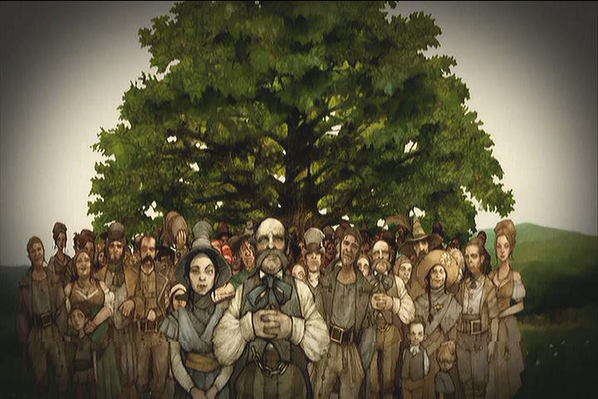
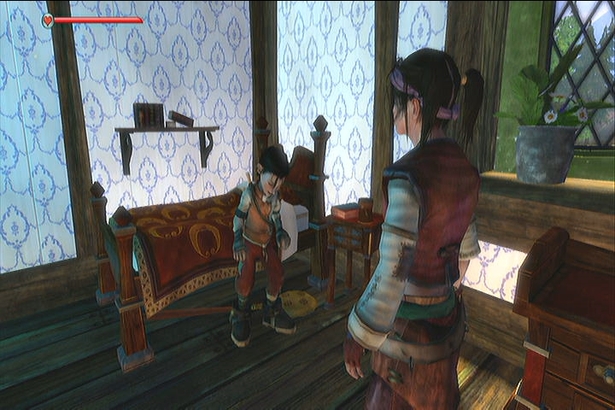
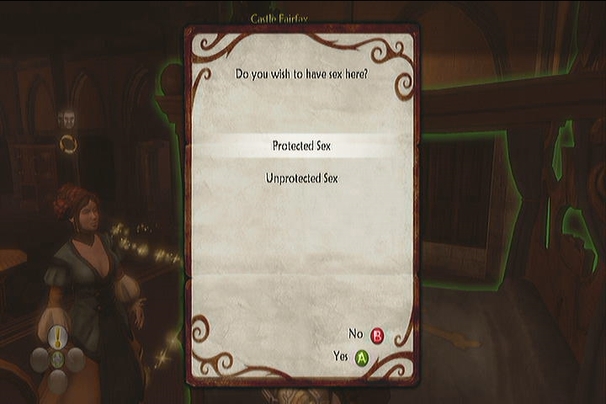
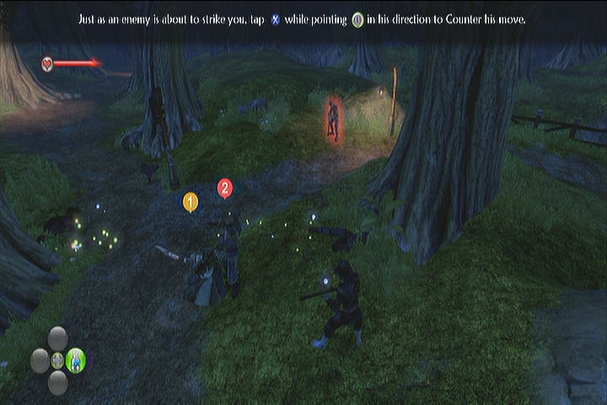
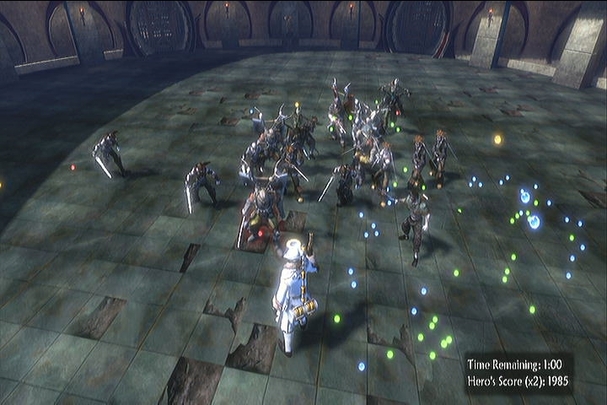
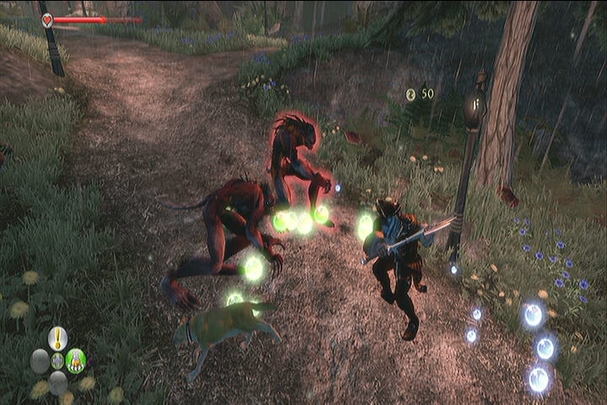
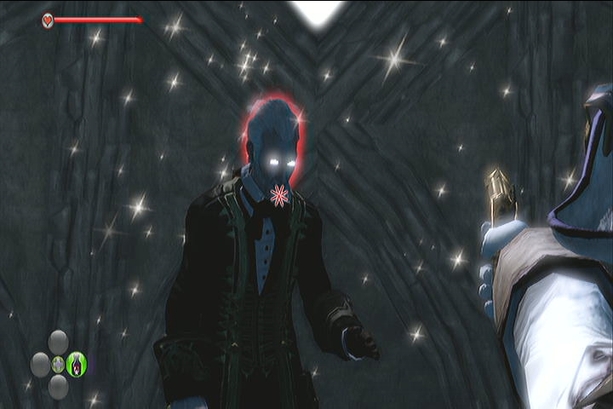
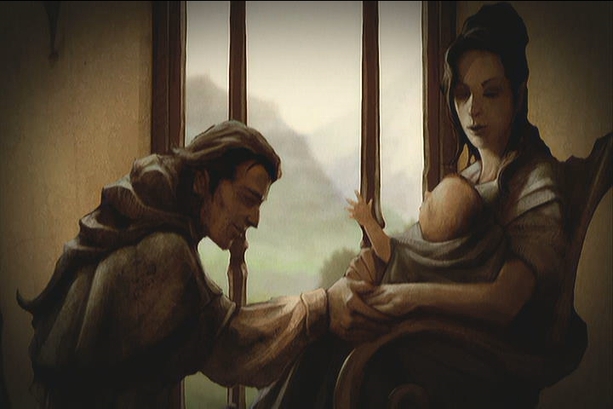
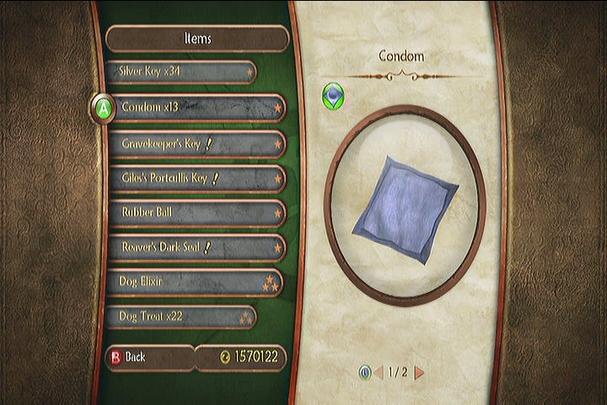
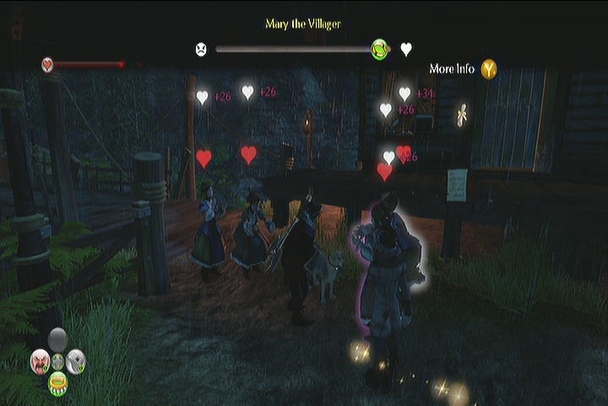
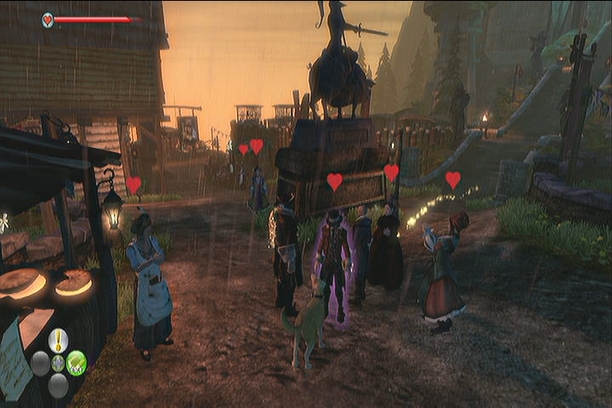
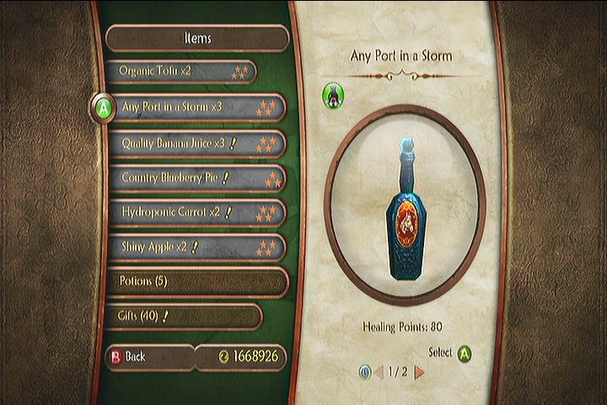
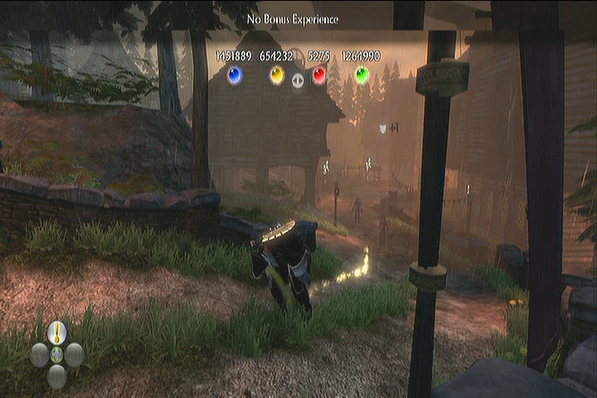
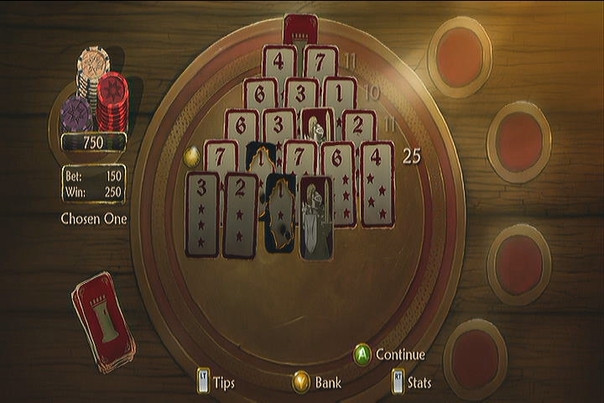
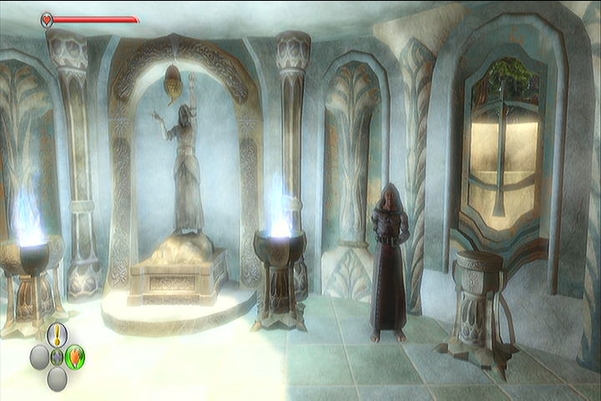
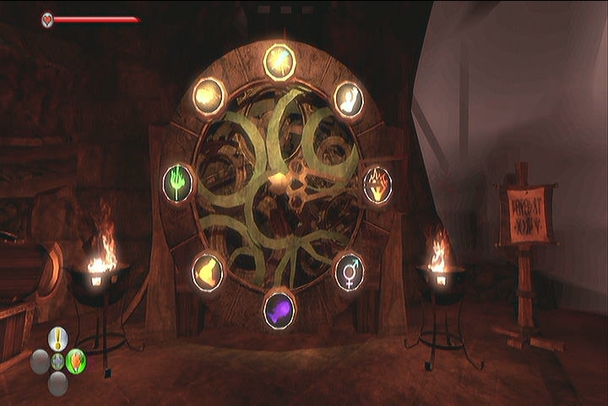
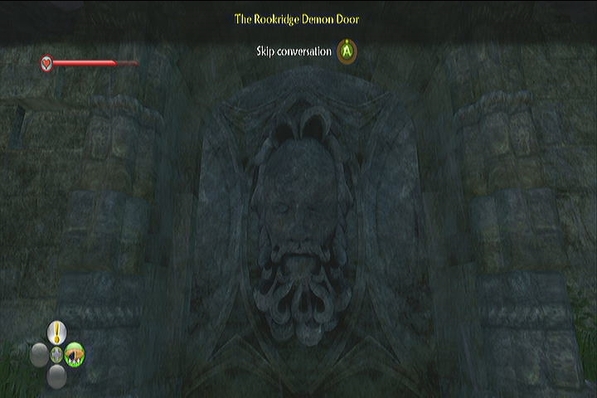
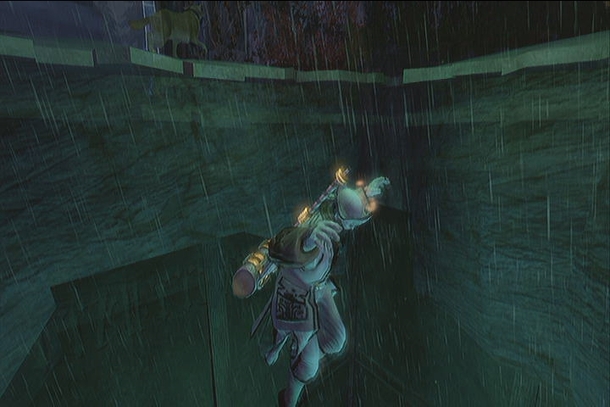
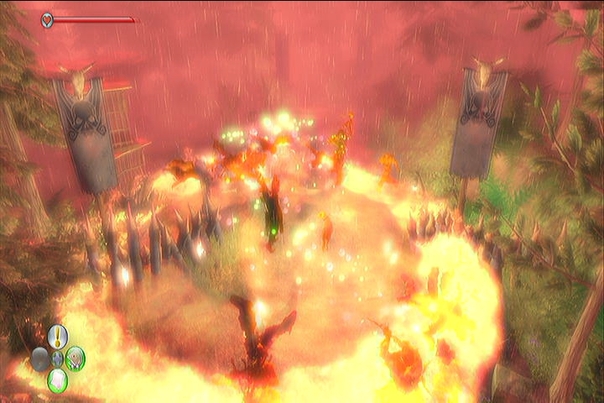
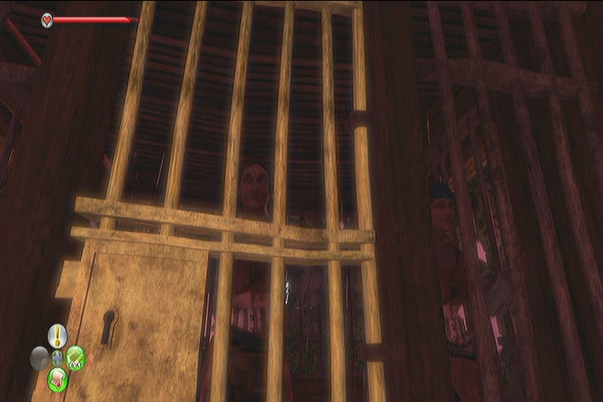
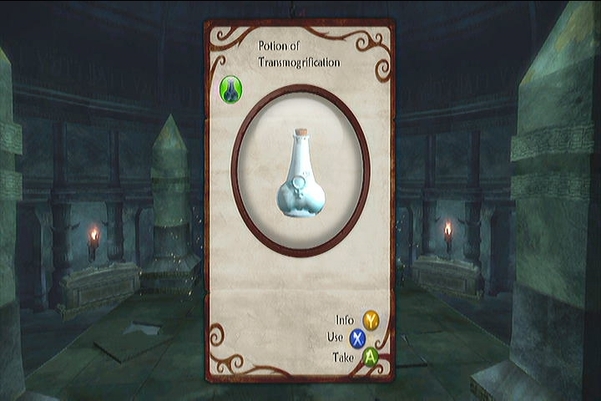
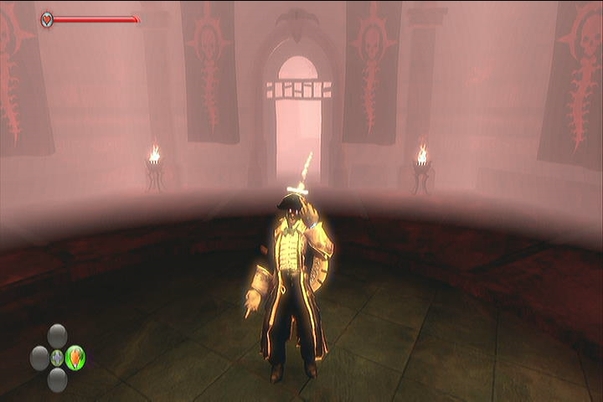
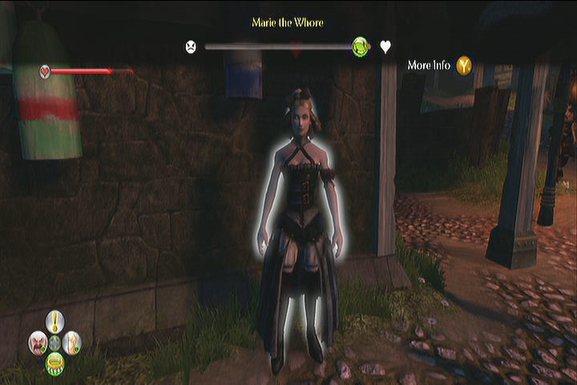
 RSS Feed
RSS Feed